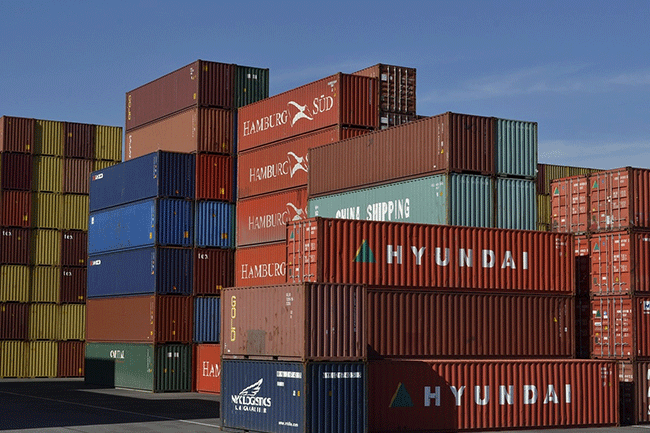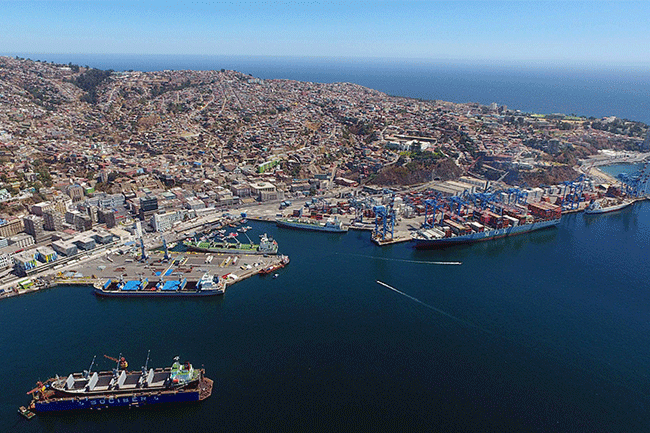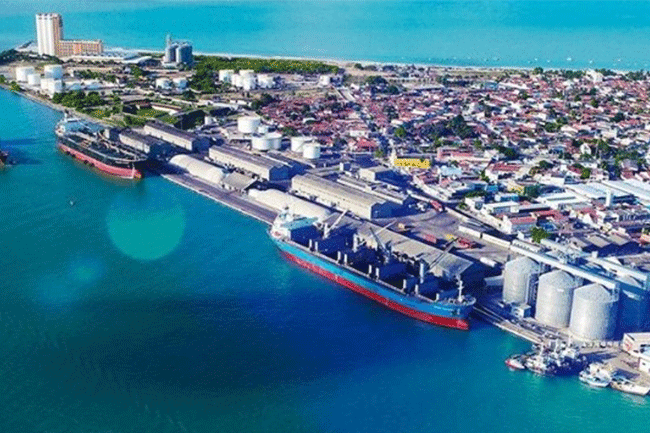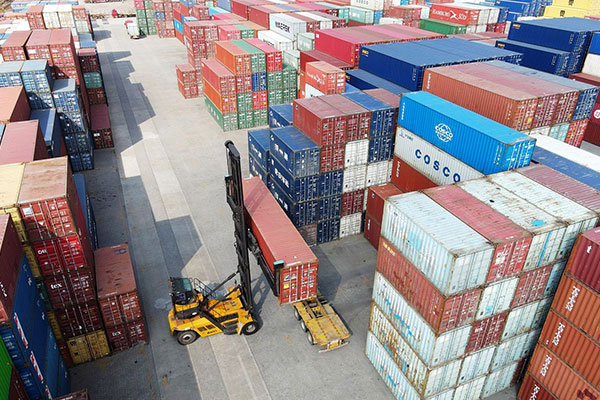- Shanghai Zhongshen International Trading Co., Ltd. – Your reliable partner with 20 years of import/export agency service expertise.
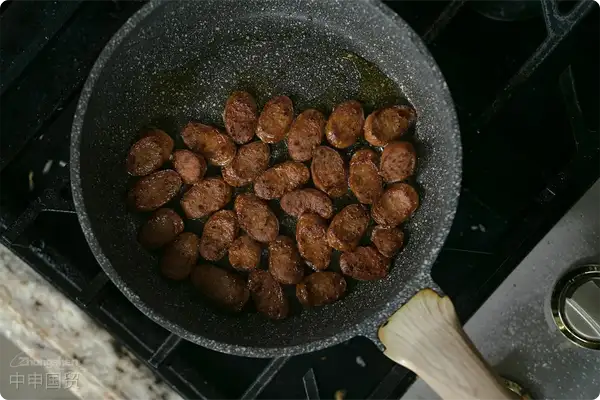
Importing non-stick pansforeign tradeComplete process analysis
As a seasoned foreign trade veteran with 20 years of experience, I am often asked by clients: "What should we pay attention to when importing non-stick pans?" Today, I'll walk you through the entire process of importing non-stick pans in the most down-to-earth way, while also sharing some "pitfall-avoiding" tips.
Preliminary preparation: Laying the import foundation
The first step in importing non-stick pans isDetermine the HS code. Based on my experience, non-stick pans usually fall under HS codes 73.23 or 85.16, depending on base material (steel/aluminum) and whether they have heating elements.
- Tariff inquiry: Current import duty for regular non-stick pans is about 8-10%, but preferential rates may apply depending on country of origin
- supervision conditions: Check if A/B certificates (Customs Clearance Form for Entry Goods) are required
- Documentation preparation: Contract, invoice, packing list,Origin Certificatenone can be missing - recommend preparing at least 1 month in advance
Special reminder: Last year one of our clients had their goods detained by customs due todiscrepancies in the certificate of origin informationresulting in two weeks worth of storage fees. We recommend verifying that the manufacturer details on the certificate match the actual information completely in advance.
International shipping: Details determine costs
Non-stick cookware falls under fragile goods category, requiring special attention in shipping arrangements:
- Packaging Requirements: Each item should be individually wrapped in bubble wrap, and the outer box must be printed with a "Fragile" label.
- Transportation method: Normally shipped viaMaritime transport, urgent orders may considerAir freight(cost approximately 3-5 times higher)
- Insurance recommendation: Must purchase All Risks coverage, specifically including packaging damage insurance
Last year we handled a shipment of Italian imported non-stick pans that experiencedmoisture damage during ocean transitcausing coating discoloration. We now specifically require desiccant in containers and photographic documentation of loading conditions.
Customs clearance: Compliance is key
Customs clearance is the most problematic stage - key focus areas:
- Legal inspection requirements: Non-stick cookware requires CIQ inspection testing lead, cadmium and other heavy metal leaching levels
- customs inspection: Approximately 30% chance of random inspection - recommend allowing 5-7 day buffer
- to transportation plan optimization: Besides tariffs, 13% VAT is a fixed cost
A real case example: A shipment of German non-stick pans wasmissing Chinese labelsand ordered to return at great loss. We now require foreign suppliers to pre-affix GB-compliant Chinese labels.
Selection and usage: Professional advice
Combining customs consumption alerts, here are practical suggestions for importers:
- Procurement channels: Prioritize European (German/Italian) and Japanese brands for more stable quality
- Quality inspection focus: Conduct batch sampling for coating adhesion using cross-cut test method
- User Manual: Must provide complete Chinese translation to prevent consumer misuse complaints
We once handled French non-stick cookware that experiencedincomplete usage instructionsleading to a customer using metal spatulas to cook crab, resulting in large-area coating peeling. We now specifically verify manuals contain all safety warnings.
Special precautions
Based on years of experience, here are several easily overlooked points:
- Patent issues: Certain coating technologies may involve patents, authorization must be confirmed before import
- The United States initiates preliminary anti - subsidy investigation on aluminum profiles from four countries: EU REACH regulations restrict PFOA, ensure compliance with national standards
- Returns and replacements: Agree on quality issue resolution plans in contracts beforehand
Remember: Importing non-stick cookware isnt simple trading - every step from product selection to after-sales requires professional control. Finding a reliable foreign trade agent can save you at least 80% of troubles.
If you have any specific questions, feel free to reach out anytime. After all, with 20 years of experience in this industry, there's no "pot" I haven't seen before!
? 2025. All Rights Reserved.
